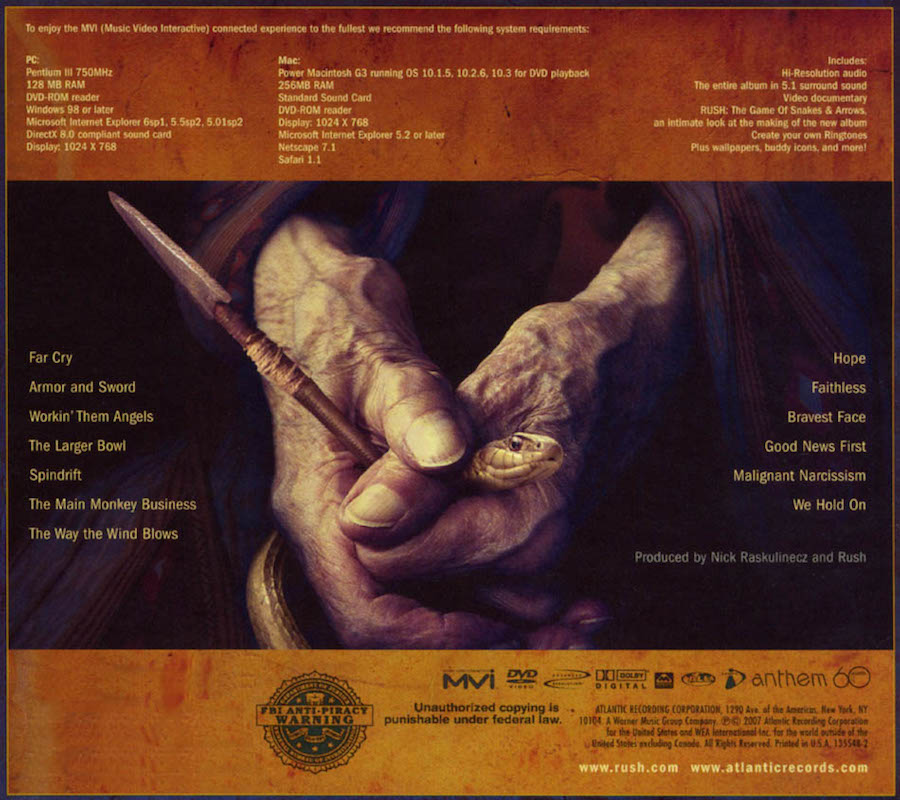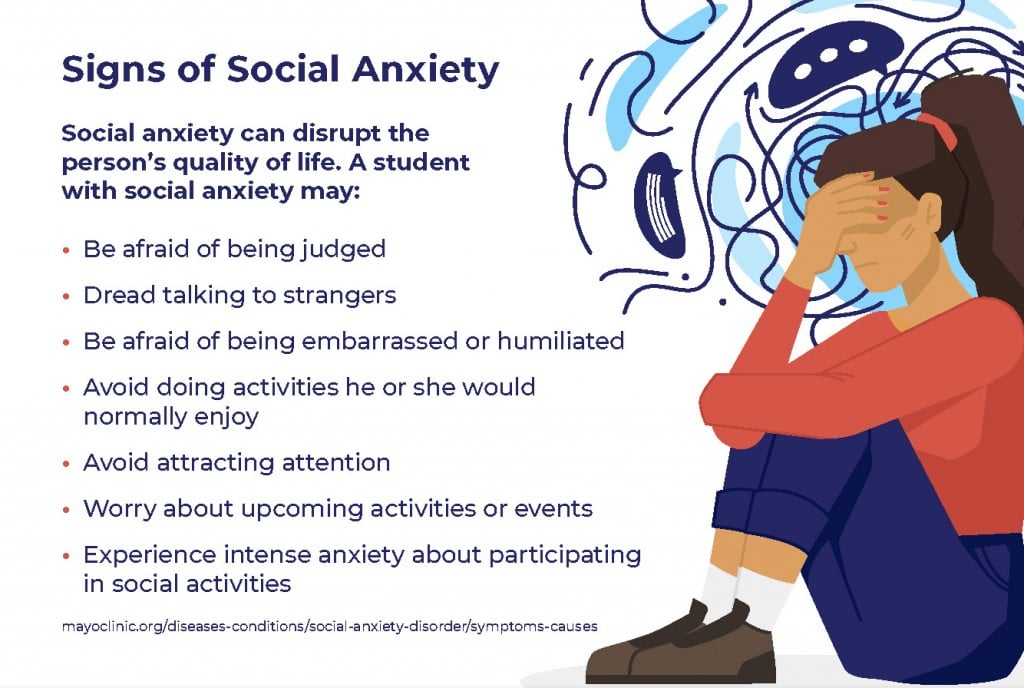Problems with second marriages
6 Challenges of Second Marriages and how to overcome them
In This Article
Getting married for the second time takes courage as there is always that risk of a second marriage turning out to be like your first one.
Getting married again does not mean that you are not jaded- you’re likely to still be skeptical and afraid but willing to overcome that for the person you love. So now you have bravely embarked on a second marriage with hope and determination.
Certainly, there is an expectation that things will go better this time than they did last time around.
Although statistics show that more second marriage divorce rate is higher than first marriages, you must not have to worry about the second marriage success rates.
After looking at unhealthy patterns in your previous marriage, you will enter this marriage more prepared.
This article will look at 6-second marriage challenges or risks of a second marriage and how best to overcome them.
Also watch:
1. The challenge of putting the past to rest
The secrets to a successful second marriage are whether you are really and truly over your previous marriage.
We all know the dangers of ‘rebound’ relationships, but perhaps several months or years had already passed since your last marriage and you thought you were high and dry.
Actually, time alone is not always enough to put the past to rest, if you have not thoroughly dealt with whatever happened. It’s like stuffing all the toxic stuff into your emotional basement and hoping it will never surface again – but it does, and usually at the most inconvenient and stressful times.
Whether you experienced the death of a spouse or the death of a marriage, it is essential to grieve your losses before you can reach a place of acceptance.
Forgiveness is a great help in putting the past to rest; forgive yourself, your former spouse, and anyone else involved.
This does not mean you excuse or approve of what happened, but rather that you have decided to lay down your past and no longer allow yourself to be controlled by it.
When you are able to do this you can focus fully on making a success of your relationship with your new spouse.
2. The challenge of learning your lessons
No mistake or bad experience is ever wasted if you can learn from it. In fact, what you have learned from your first marriage can be some of the most valuable lessons which will make or break your second marriage.
So you need to take a long hard look at what did and didn’t work the first time around. This insight can be helpful in identifying what makes a marriage successful.
Be honest about the part you played – there are always two sides to every story. Are there some ways you behave that are difficult to live with, and how are you going to change those behaviors or habits?
Be very clear about what it is that you could not tolerate about your former spouse, and then avoid getting involved with someone who displays those same traits.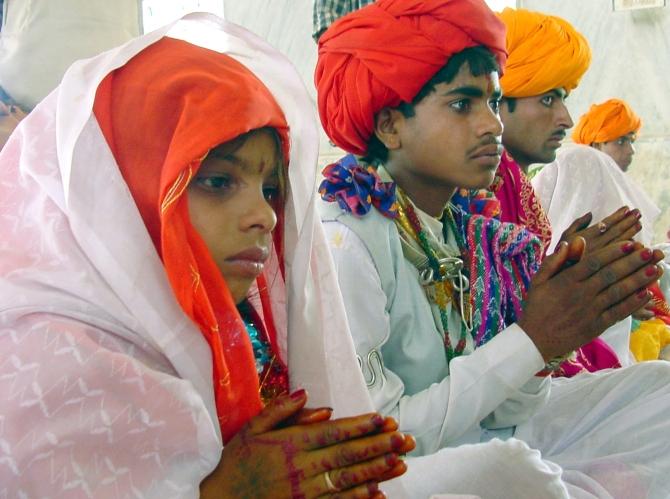
If you take up the challenge of learning your lessons well from your first marriage you could have a very good head start at making the success of your second marriage.
3. The challenge of children
Another common second marriage problem without a doubt, bringing children into a second marriage. Various scenarios include either you or your new partner having children while the other doesn’t, or you both have children.
Whatever your particular variation is, you need to think through all the implications very carefully. Bear in mind that it usually takes a while for children to accept their new parent (or stepparent).
Some studies have shown that it can take around five years or more for two families to truly ‘blend’. Think about all the schedules that will need to be juggled around visitation times with the other parents involved and holiday arrangements.
An area that often causes a lot of friction is parenting styles and how to discipline children.
This is where you and your spouse really need to be on the same page, especially when the biological parent is absent.
Some people may think that it is a challenge to raise children in your second marriage but it is not so. You can surely experience that children are a blessing and create a special blended family instead.
Also, if you are contemplating a remarriage and “step-children causing marriage problems” is a concern looming large on your mind, you need to think things through, confide in your partner about your cause of worry and even seek support from a family therapist for formal intervention.
4. The challenge of ex-spouses
Second marriages usually involve one or two ex-spouses, unless you have been widowed. Although most divorced couples manage to be civil and decent with each other, this is not always the case in remarriage after divorce.
If there are children involved, remember that your new spouse will be obliged to have contact with his or her ex-spouse to arrange visitation, pickups and other practical matters.
This brings us back to the first and second challenges – putting the past to rest and learning your lessons.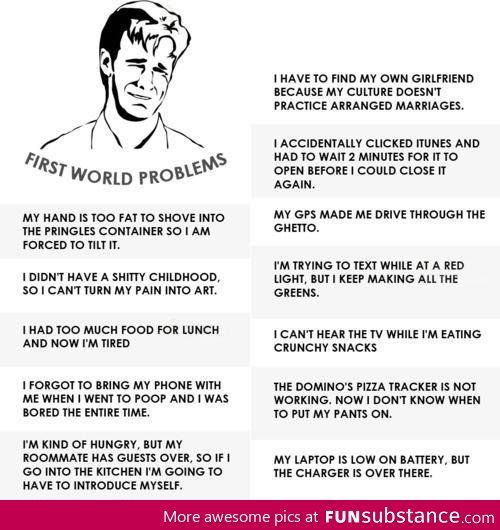
If these two areas have been handled well, then you should be able to proceed smoothly with your second marriage.
If not, you may be faced with codependent tendencies, especially where there had been abuse or addictions, and where there is a manipulative or pathological ex.
Any form of over-involvement with an ex-spouse will cause problems in a second marriage.
Also, being open and honest about the state of the previous divorce is important, as well as being on the same page with your current partner about involvement of the ex partner, whether there are children involved or not.
If you are getting married again after divorce and are struggling with this don’t hesitate to get help from a counselor or therapist.
5. The challenge of finances
Money, money, money! We just can’t get away from it… and it is a well-known fact that finances are one of the biggest struggles married couples face, regardless of whether it is a first or second marriage.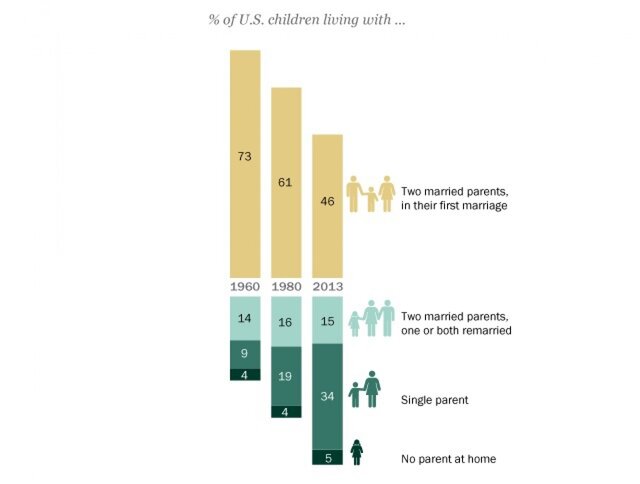
In reality, money has a lot to do with trust.
When a couple gets married they need to decide whether they will combine their incomes or keep separate accounts.
When entering a second marriage, most people have already faced severe financial losses and setbacks during the divorce, making them even more financially vulnerable than in their first marriage.
Another essential rule for a successful second marriage or the best way to handle the challenge of finances is to be completely open and transparent with each other, at the onset of getting married after a divorce.
After all, if you want to make this marriage last you will have to learn to trust each other and be honest about any expenses or debts you may have.
6. The challenge of commitment
The fact that this is your second marriage later in life, may consciously or subconsciously affect your view of divorce – in the sense that you have been through it once already, so you are more open to the possibility of a second one.
Although nobody enters a second marriage with this in mind, there is always the possibility if things get rough.
Some studies have shown that this ‘normalization’ of divorce can be one of the main reasons why second marriages fail.
Instead of trying to figure out how long do second marriages last, the way to overcome this challenge is to be fully committed to your second marriage.
You may have been divorced once before but you can choose to view that as the first and last time. Remember, successful second marriages are not an exception.
Now you are committed for life to your second spouse, and you can both put your wholehearted effort into making your marriage relationship as beautiful and special as can be and resolving second marriage problems while maintaining a unified front.
Five Reasons Why Second Marriages Might Fail at a High Rate – Find a Psychologist
By Larry F. Waldman, PhD, ABPP
Waldman, PhD, ABPP
For some time the divorce rate in the USA for first marriages has held at about 50%. This is a national tragedy. This statistic also means that many people have subsequent marriages.
Common sense suggests that someone who remarries is older, wiser, more mature, has learned from their mistakes, and knows better what they want and need in a partner. Therefore, the divorce rate for second marriages would be expected to be substantially lower than the rate for first marriages. Despite our common sense expectations, according to demographic data, the divorce rate for subsequent marriages is, in fact, significantly higher than that of first marriages—65%, nearly two out of three! Why?
1.
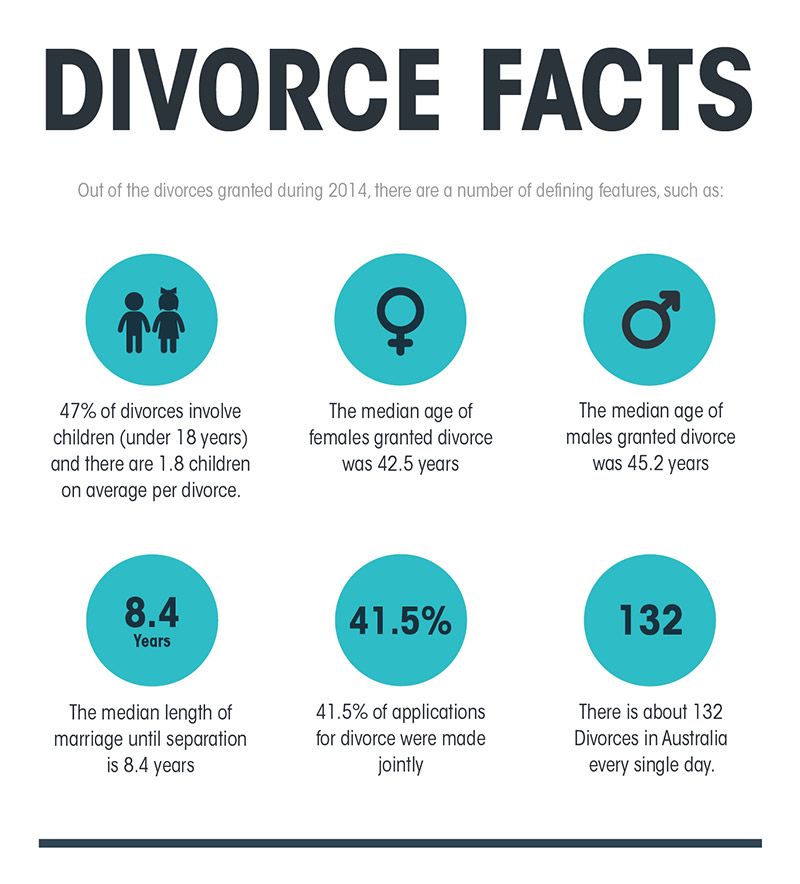 Money, Sex, and In-Laws
Money, Sex, and In-Laws The above “big three” issues are the primary problems that plague most first marriages. These same issues also impact subsequent marriages—but even more so. The money problem becomes even more troublesome in second marriages due to child support and spousal maintenance payments. Second marriages feel the strain when money is tight and hubby has to send checks to the first wife.
The sex issue also gets “interesting” in subsequent marriages, if, for no other reason, one or both of the partners were previously in a committed relationship. Uncomfortable questions and comparisons are likely to arise.
The in-law situation becomes especially taxing in subsequent marriages, particularly when both partners bring a child into the new relationship. There would be husband’s parents, wife’s parents, husband’s ex’s parents, and wife’s ex’s parents. Whose house do you go to for Thanksgiving? Statistically, two of these in-law couples could be divorced so that could add another pair of in-laws this new couple may have to appease. If one of the partners is marrying for the third time and had a child with the previous two spouses, the mathematical permutation of potential in-laws is beyond this liberal arts graduate.
2.
 Children
Children Children keep tenuous marriages together. While natural children are binding agents in first marriages, step-children are often divisive factors in subsequent unions. Many parents struggle with managing their natural offspring; nearly all stepparents are frustrated with dealing with their step-kids. A major problem in blended families is partners not supporting each other with regard to the management of their respective natural children.
3. Ex’s
Some ex-spouses are pleased to see their ex enter a new relationship—especially if it could result in fewer legal motions being filed or reduced child support and alimony payments. Some ex’s, though, especially if they were the “dumpee,” are resentful when their ex finds a new relationship and may attempt to sabotage it. Some angry ex’s continue to bring their ex-spouse back to court for various reasons long after the divorce is final. This adds emotional and financial tension to the new partnership. Another sad, but unfortunately common ploy, is to negatively lobby the child against the new partner. This tends to make problem # 2 worse.
Some ex’s, though, especially if they were the “dumpee,” are resentful when their ex finds a new relationship and may attempt to sabotage it. Some angry ex’s continue to bring their ex-spouse back to court for various reasons long after the divorce is final. This adds emotional and financial tension to the new partnership. Another sad, but unfortunately common ploy, is to negatively lobby the child against the new partner. This tends to make problem # 2 worse.
4. The Speed at which We Re-Couple
When you have been rejected by someone you once loved or decide to end a committed relationship, attention from another possible suitor is quite intoxicating. The data shows that many separated individuals are in a new exclusive relationship before the ink on the divorce decree is dry. We like to be coupled. A sizable number of persons will purposely enter a new relationship as a means of extricating themselves from an unfulfilling marriage. Rushing from one relationship into another is foolish and does not provide the time to fully explore the new one before becoming emotionally committed to it. Once the infatuation wanes, the new relationship could be in trouble.
The data shows that many separated individuals are in a new exclusive relationship before the ink on the divorce decree is dry. We like to be coupled. A sizable number of persons will purposely enter a new relationship as a means of extricating themselves from an unfulfilling marriage. Rushing from one relationship into another is foolish and does not provide the time to fully explore the new one before becoming emotionally committed to it. Once the infatuation wanes, the new relationship could be in trouble.
5. Unconscious Dynamics
Psychoanalytic theory holds that whom we marry is pre-determined. We are unconsciously attracted to individuals with certain characteristics. This attraction does not guarantee a healthy paring; this subconscious desire, in fact, may lead to angst in the relationship. Unfortunately, most of us are unaware of our unconscious forces.
We are unconsciously attracted to individuals with certain characteristics. This attraction does not guarantee a healthy paring; this subconscious desire, in fact, may lead to angst in the relationship. Unfortunately, most of us are unaware of our unconscious forces.
If the marriage ends, we tend to put all the blame on our ex and rarely consider our role in that failed relationship. Thus, we subsequently unconsciously seek another partner with essentially the same dynamics of our ex—and the next relationship is in jeopardy.
I recommend that if you have left a committed relationship, for any reason, you should immediately get into counseling for a minimum of nine months before you consider entering another exclusive relationship.
Learn more at http://TopPhoenixPsychologist.com
Articles related to this topic
Search for a Psychologist
Search our database of licensed psychologists verified by the National Register to meet higher care standards.
Or Try a Guided Search
Go through a step-by-step search experience to access our database and explore your options.
Psychological problems of remarriages
As is known, the following substructures can be distinguished in the structure of any family, the functioning of which creates a favorable psychological atmosphere in the family or, on the contrary, makes the family dysfunctional. These are the marital, parent-child, and child-child substructures. In each type of remarriage, only their inherent problems associated with a violation of relations in one or another substructure can appear. Therefore, we will try to identify and characterize these psychological problems in each type of remarriage.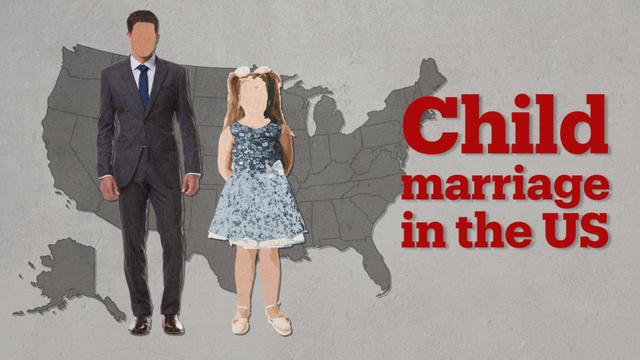
1. Marriage of a divorced man with a free and young woman. The love affair of these partners was once the cause of the collapse of the former family. Experiences in extramarital affairs are very different from family life. The man regains enthusiasm and vitality. He leaves his family to start a new life. A young woman is attracted by the experience of a man, his knowledge and social position, and often material wealth, his confidence in his actions and his ability to be a reliable support for a woman. She admires him and at the same time finds paternal traits in him.
Relationships between them often develop in the beginning on a combination of "parent" and "child" partners, which are quite compatible. The further state of the marriage depends on whether this type of relationship persists or, after a certain period of time during which a young woman develops and matures socially, she leaves the role of a “childish” partner and begins to pursue her own autonomous line, to claim leadership in the family. As a result, she ceases to respect the actions of her older husband, which previously appealed to her, and begins to assess his habits and less flexibility in behavior with increased criticality. (It is possible that a man in the initial period of his second marriage will be able to achieve increased flexibility of behavior and maintain it in the future, continuing to grow spiritually along with his adult wife). In most such marriages, psychological "frictions" are inevitable between spouses. They may arise due to the fact that over time, the young wife ceases to be satisfied with the lifestyle of her homebody husband. His inability and unwillingness to communicate with his wife's peers, adherence to stereotypes in relationships and behavior that were formed during his youth and were quite acceptable in the former family, where his wife was approximately the same age with him, old habits begin to annoy.
As a result, she ceases to respect the actions of her older husband, which previously appealed to her, and begins to assess his habits and less flexibility in behavior with increased criticality. (It is possible that a man in the initial period of his second marriage will be able to achieve increased flexibility of behavior and maintain it in the future, continuing to grow spiritually along with his adult wife). In most such marriages, psychological "frictions" are inevitable between spouses. They may arise due to the fact that over time, the young wife ceases to be satisfied with the lifestyle of her homebody husband. His inability and unwillingness to communicate with his wife's peers, adherence to stereotypes in relationships and behavior that were formed during his youth and were quite acceptable in the former family, where his wife was approximately the same age with him, old habits begin to annoy.
Certain problems may be associated with the need for material support for children from the first marriage, which reduces the standard of living of the new family, the husband's meetings with children from the first marriage, as well as some trouble in the sexual sphere. If the difference in the age of the spouses is significant, the appearance of a temporary decrease in sexual activity is quite natural, which can cause dissatisfaction with the sexually reactive young wife.
If the difference in the age of the spouses is significant, the appearance of a temporary decrease in sexual activity is quite natural, which can cause dissatisfaction with the sexually reactive young wife.
2. Second marriage to a divorced woman with children. In most cases, both partners are divorced, and the difference in age is usually small. Both were not satisfied in their first marriage and enter into a new one with the hope that this time the married life will be better. They already have an instructive experience, but, on the other hand, they have become less flexible and change their habits more slowly. For this reason, a violation in the marital substructure is possible.
In addition, this is the most "problematic" type of marriage also because it is necessary to establish harmonious relations in two other family substructures - child-parent and child-child. The wife brings with her a child (or several children) from her first marriage, her new husband becomes a stepfather, and the children turn into stepsons and stepdaughters. Children may not accept their mother's new husband, especially if they continue to meet with their own father. In turn, it is difficult for a husband to accept his wife's children, since he has retained attachment to the children left with his first wife. Therefore, children from a first marriage may have a negative impact on consent in a new family: there are difficulties in building relationships with a non-native child and with a spouse about his upbringing . This type of remarriage is associated with the need to master new family roles that differ from their roles in the previous family. For spouses, these are the roles of stepfather and stepmother, and for children - stepson and stepdaughter. Many problems arise because adults themselves do not understand the changes that have taken place in the family roles of their new chosen ones and their own children, and expect, and sometimes even demand from them relationships and behavior that correspond to the roles in their first marriage (father, mother , son, daughter), forgetting that at the heart of any socio-psychological role, and even more so the family role, first of all, are the feelings that a person experiences when expressing his attitude towards someone or something.
Children may not accept their mother's new husband, especially if they continue to meet with their own father. In turn, it is difficult for a husband to accept his wife's children, since he has retained attachment to the children left with his first wife. Therefore, children from a first marriage may have a negative impact on consent in a new family: there are difficulties in building relationships with a non-native child and with a spouse about his upbringing . This type of remarriage is associated with the need to master new family roles that differ from their roles in the previous family. For spouses, these are the roles of stepfather and stepmother, and for children - stepson and stepdaughter. Many problems arise because adults themselves do not understand the changes that have taken place in the family roles of their new chosen ones and their own children, and expect, and sometimes even demand from them relationships and behavior that correspond to the roles in their first marriage (father, mother , son, daughter), forgetting that at the heart of any socio-psychological role, and even more so the family role, first of all, are the feelings that a person experiences when expressing his attitude towards someone or something.
The role of a stepfather is one of the most difficult for men, and the period of its development is the most difficult in a new family. Success largely depends on how quickly a man understands that he does not need to play the role of "father", but must stick to his own role. It is equally important that the mother of the children understand this, and does not demand paternal love and responsibility from her new husband during the period of his adaptation to a new family. Consider the most typical cases and the most common errors.
Some, especially impatient women, from the first days of family life expect, and sometimes simply insist that the new husband treat the child as his own, so that he immediately takes full responsibility for his upbringing. And they are very offended if the husband hesitates, is in no hurry to share the father's role, or does it ineptly. An offended mother throws accusations of insincerity, lack of love, selfishness to her husband, although in reality the problem can only be that the stepfather, like the child, needs time to build new relationships. The expectation of this can be painful for those women who are characterized by increased anxiety and suspiciousness, self-doubt. Trying to speed up the course of life, they only harm themselves, and their child, and all family relationships.
The expectation of this can be painful for those women who are characterized by increased anxiety and suspiciousness, self-doubt. Trying to speed up the course of life, they only harm themselves, and their child, and all family relationships.
Another possible reaction of the mother to how the relationship between her child and her new husband is built. She, on the contrary, is extremely jealous of the educational actions of her husband. On the one hand, she expects him to love her child as his own, but at the same time, she very meticulously follows his every action, every step, especially when it comes to punishment for some offense or during a marital quarrel, quarrels. She constantly disagrees with her husband's decisions related to the child, it always seems to her that her baby is undeservedly offended, unfairly scolded, she always stands up for her child, always on his side. As a rule, this position is taken by women who do not really trust their husbands, who do not respect them very much, those women who want to remain full leaders (mistresses) in their family, marital and parent-child relationships. It is quite natural that such a position of a woman will discourage her husband from having a child, and her marriage may again be in jeopardy.
It is quite natural that such a position of a woman will discourage her husband from having a child, and her marriage may again be in jeopardy.
A woman who enters the house of her husband who has a child from his first marriage is no less difficult . She will have to become the mother of someone else's child if he lives with his father. We quite often look at the relationship of a stepmother with non-native children only from the position of children and too rarely notice the true drama of a woman who, from a legal point of view, becomes the mother of the children she raises, but often - the mother of a crippled, as it were, deprived of reciprocal love of babies. She herself, therefore, cannot throw out her love to them in full - such a situation is tolerated by women much harder than by men. If, nevertheless, she manages to find an approach to non-native children, then, as if in gratitude for their kind attitude towards her, she can condone them in everything, protecting them even from the fair demands of her own father.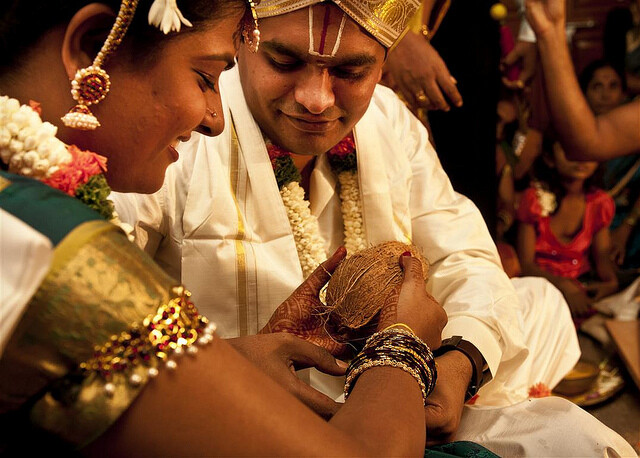 In this situation, the main thing is to avoid the same pedagogical mistakes that mothers usually make in their relationships with their own children.
In this situation, the main thing is to avoid the same pedagogical mistakes that mothers usually make in their relationships with their own children.
The second difficult situation may be related to the fact that a woman does not know how to behave with her husband's child from his first marriage, if he lives with his mother. Is it worth maintaining a relationship with this child or leaving the decision on this issue to the father? The most common mistake is a woman's desire to show that her current husband's first marriage was a sad mistake that should be forgotten as soon as possible. Such women are extremely jealous of every trip of the husband to the former family, to every meeting with the child. It seems to them that the more indifferent the husband is to his child, the more warmth, care, attention will get her and their common children. But by suppressing, destroying in himself paternal feelings for the child left in the first family, a man can become just as indifferent to the children who are next to him, as well as to his wife.
Difficult relationships between the stepfather (stepmother) and non-native children also arise due to the peculiarities of the child's psyche. Most often this is caused by the jealousy of a child who does not want to share the love of his mother (father) with anyone, and even more so with a stranger (for now a stranger) who has entered their family world. An even more difficult situation arises if the child retains love for his own father (mother) and protests against the fact that another person has taken his place.
Many psychologists believe that even the most sincere feeling usually does not justify trying to force love on a child. We should not forget that the stepfather and stepmother have to deal with a child who has suffered at least three severe psychological traumas: quarrels between parents that led to the breakup of the family; the very moment of divorce, especially difficult if the child has to make an impossible choice - with whom to live on, with mom or dad; finally, the decision of the parent with whom he stayed to live, to create a new family.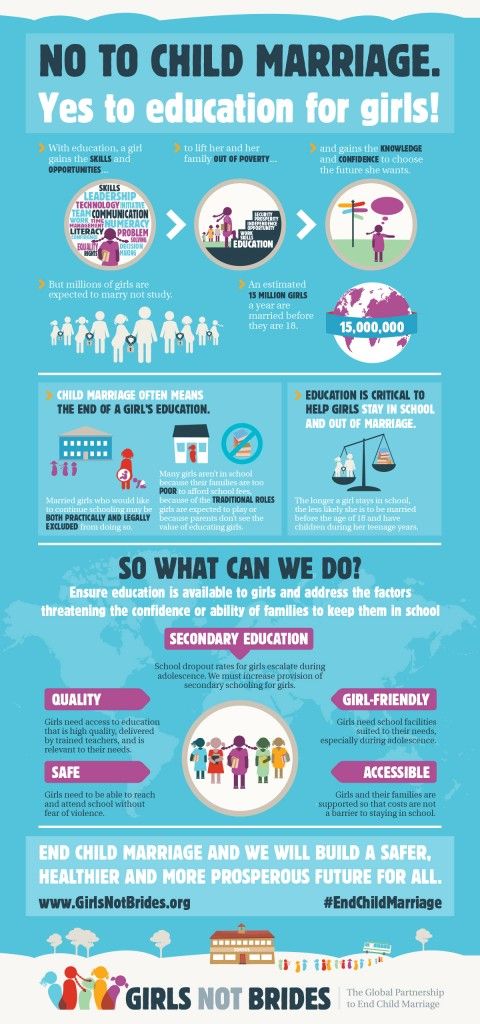 This means that these painful wounds must first be healed in the soul of a boy or girl. And only then can you begin to gradually win children's love. This love comes at a heavy price, which should not be forgotten when deciding to remarry.
This means that these painful wounds must first be healed in the soul of a boy or girl. And only then can you begin to gradually win children's love. This love comes at a heavy price, which should not be forgotten when deciding to remarry.
It is also important to remember that children's uncompromisingness, heightened sense of justice, intransigence towards the conditions of the world of adults make situations extremely painful for the child, which are rather calmly perceived by adults. For example, mothers can be jealous of their children to sons-in-law, daughters-in-law. But this does not become a tragedy for them, as the need for compromise is realized. And most importantly, there is freedom of choice in how to build relationships, whether to maintain close contacts with the family of a son or daughter.
The child has no choice: he is expected and required to have a very definite attitude towards a stranger, he must live with him in the same family as with a close relative. It is this lack of freedom that serves as one of the main reasons for the rejection of the stepfather (or stepmother), especially in adolescence and youth. Therefore, it is extremely important to understand the motives of the child's behavior and agree (at least mentally) that he is right in his own way, from his point of view. There is no universal recipe on how to reconcile a child with the appearance of a non-native parent in the family, how to achieve mutual understanding between them. In this case, only patience, love, a desire to understand the child's experiences will tell adults how to find the way to his heart.
It is this lack of freedom that serves as one of the main reasons for the rejection of the stepfather (or stepmother), especially in adolescence and youth. Therefore, it is extremely important to understand the motives of the child's behavior and agree (at least mentally) that he is right in his own way, from his point of view. There is no universal recipe on how to reconcile a child with the appearance of a non-native parent in the family, how to achieve mutual understanding between them. In this case, only patience, love, a desire to understand the child's experiences will tell adults how to find the way to his heart.
It is easier to build relationships with children in a second marriage, if the family has children from the first and common ones, when everyone is brought up as relatives, without making any distinctions between them. At the same time, it should be borne in mind that certain problems in remarriage may arise in the sphere of relations between stepbrothers and sisters . The problem of child-child relations is perhaps less acute than the appearance of a stepfather or stepmother in the family, unless the conflict situation is provoked by the adults themselves: a more attentive, caring attitude towards some children and less care, love for others.
The problem of child-child relations is perhaps less acute than the appearance of a stepfather or stepmother in the family, unless the conflict situation is provoked by the adults themselves: a more attentive, caring attitude towards some children and less care, love for others.
There are several reasons why half-brothers and sisters usually develop the same relationship as between relatives. The very appearance of a half-brother or sister in the family is different from that of a step-parent. New children are born in the family, they are expected to appear, they are preparing for it, while the stepfather or stepmother invades the family from the side, as if suddenly. And most importantly, children easily come into contact with each other, they have their own special children's world, common interests, common games and activities. The closer the age of the children, the better and easier their relationship develops. There is only one danger. In any family, the appearance of the next child, if the previous one has already grown enough by this time, can cause jealousy of the elder, resentment for the fact that the baby is given more attention than him. If this happens in remarriage, then the eldest child can associate such feelings with the fact that one of his parents is not his own. In order to avoid such assessments of one's place in the family, it is necessary to involve the older child in caring for the younger one, to make him feel that, along with adults, he is responsible for the baby. Thus, a child from his first marriage, being the eldest, acquires the much-needed opportunity for self-affirmation, involvement in “adult” activities, and receives the right to respect and approval from his parents. A selfless, patronizing, caring attitude towards the baby becomes psychologically more significant for him than a jealous fear that the youngest in the family is loved more. It is important only without special need not to violate the main rule - the same and equal treatment of all children, regardless of whether they are relatives for spouses or step-kin.
If this happens in remarriage, then the eldest child can associate such feelings with the fact that one of his parents is not his own. In order to avoid such assessments of one's place in the family, it is necessary to involve the older child in caring for the younger one, to make him feel that, along with adults, he is responsible for the baby. Thus, a child from his first marriage, being the eldest, acquires the much-needed opportunity for self-affirmation, involvement in “adult” activities, and receives the right to respect and approval from his parents. A selfless, patronizing, caring attitude towards the baby becomes psychologically more significant for him than a jealous fear that the youngest in the family is loved more. It is important only without special need not to violate the main rule - the same and equal treatment of all children, regardless of whether they are relatives for spouses or step-kin.
3. Marriage of a widower with a widow. Widowers and widows start a family later and less frequently than men and women after divorce, but this type of remarriage can also have its own specific problems.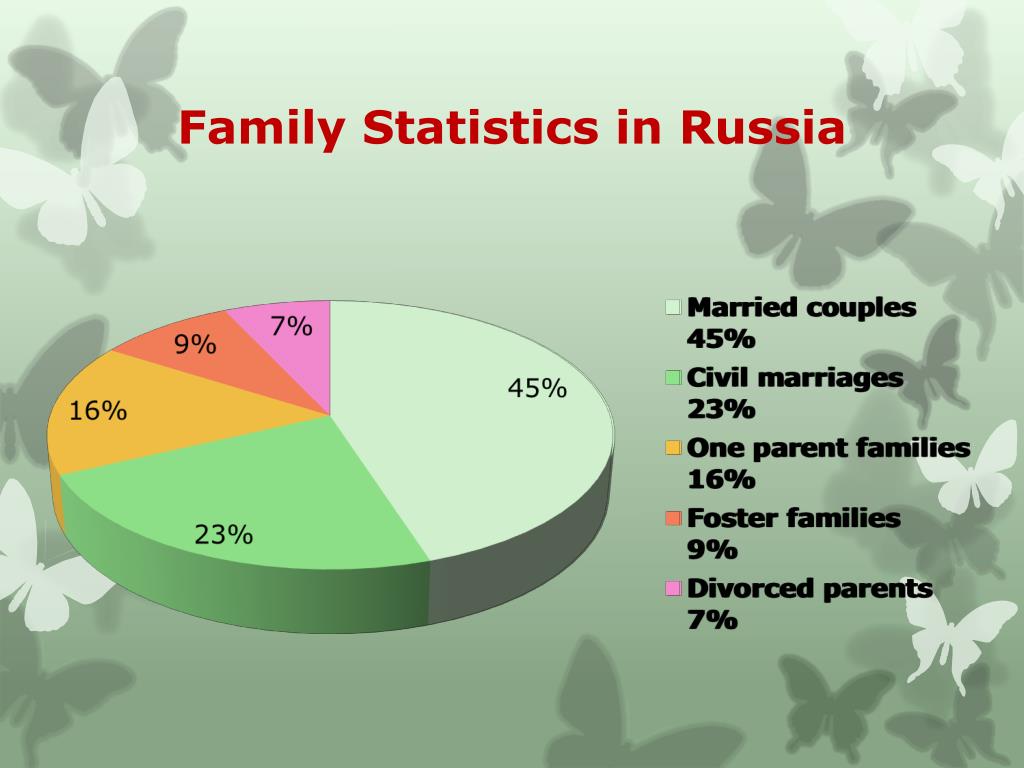 Most often, this is a problem associated with the difference in the behavior of the new partner (in comparison with the previous one). Especially in the event that the first marriage was calm and quite prosperous, there are tendencies that undermine the marriage of comparing the second partner with the first. A living partner can in no way interfere with the idealization of a deceased spouse. Memories and tactless references to the example of a deceased spouse can cause tension and dissatisfaction. Such situations are more common in families where the mother brings with her children from her first marriage, and then there may be tension in marital relations regarding the upbringing of children. It is psychologically difficult for a stepfather to replace his deceased father, whose image is idealized in childhood memories, and the assessment of his role in previous family life is almost always exaggerated. On the other hand, the inability to meet with the father, as happens when parents divorce, contributes to a more rapid psychological rapprochement with the stepfather and the establishment of a trusting relationship with him.
Most often, this is a problem associated with the difference in the behavior of the new partner (in comparison with the previous one). Especially in the event that the first marriage was calm and quite prosperous, there are tendencies that undermine the marriage of comparing the second partner with the first. A living partner can in no way interfere with the idealization of a deceased spouse. Memories and tactless references to the example of a deceased spouse can cause tension and dissatisfaction. Such situations are more common in families where the mother brings with her children from her first marriage, and then there may be tension in marital relations regarding the upbringing of children. It is psychologically difficult for a stepfather to replace his deceased father, whose image is idealized in childhood memories, and the assessment of his role in previous family life is almost always exaggerated. On the other hand, the inability to meet with the father, as happens when parents divorce, contributes to a more rapid psychological rapprochement with the stepfather and the establishment of a trusting relationship with him. To establish favorable relations in a new family, it is very important that both spouses realize that the one who lived before had his rights and occupied a certain place in their lives, but you cannot compare him with the current chosen one and elevate the deceased to the rank of a saint.
To establish favorable relations in a new family, it is very important that both spouses realize that the one who lived before had his rights and occupied a certain place in their lives, but you cannot compare him with the current chosen one and elevate the deceased to the rank of a saint.
4. "Return marriage". This is a kind of remarriage, when divorced spouses rebuild a broken family. According to opinion polls, in 28% of cases, former spouses understand that they made a mistake, and the marriage should have been saved. At the same time, about 80% of divorced men would agree to remarry their ex-wives (women, despite the limited opportunities for remarriage, agree to “return marriage” less frequently). Therefore, the resumption of marital relations in a "return marriage" is essentially a mutual recognition of a mistake and an attempt to correct it. But even in such a marriage, the specific motives for its conclusion can be quite diverse. The dominant motive may be the awareness of the incorrectness of one’s position during the first marriage, the determination to be more tolerant of the shortcomings of one’s marriage partner, the desire to save the child’s father (mother), the desire to restore the former material wealth, fear of loneliness, emotional attachment (strong feeling) to the former spouse, etc.
The main feature of "return marriages", which distinguishes them from the first and from other repeated family unions, is that marriage is concluded between people who are well aware of the views, habits, needs, advantages and disadvantages of each other. This allows you to more realistically evaluate and weigh your step, find an approach to each other. Of course, our memory is arranged in such a way that over time, memories of bad things fade and good things are better preserved, and the image of a spouse may seem more attractive than it really is. This may be fraught with new disappointment, alienation, and may even serve as an incentive for a person to have the desire and desire to conform to such an image.
A special category of "return marriages" are couples who repeatedly separate and converge. Here it is mainly in the peculiarities of the psyche of these people. By their actions, they often cause an ironic, mocking attitude among those around them, while they themselves are usually distinguished by unstable orientations, weak will, incontinence in the manifestation of their emotions and feelings, disorder in the organization of life and housekeeping. The undoubted advantage of this type of remarriage is the preservation of the interests of children who are returned to a normal family - their own father and mother. Of course, there are also cases when the reunion of spouses does not bring anything good to the children. So, for example, it happens when a father who abuses alcohol returns to a psychologically prosperous family. Or suddenly decided to return to the mother, leading an obscene lifestyle and characterized by immoral behavior.
The undoubted advantage of this type of remarriage is the preservation of the interests of children who are returned to a normal family - their own father and mother. Of course, there are also cases when the reunion of spouses does not bring anything good to the children. So, for example, it happens when a father who abuses alcohol returns to a psychologically prosperous family. Or suddenly decided to return to the mother, leading an obscene lifestyle and characterized by immoral behavior.
Thus, the solution of psychological problems that arise in various types of remarriages depends entirely on the awareness of possible difficulties by the spouses and their mutual desire to create a favorable psychological climate in the family through the harmonization of marital, parent-child and child-child relationships. Only under this condition will the tragedy of divorce be experienced with the least loss for adults and children, and the new family will give them the opportunity to get what they did not have in the previous one.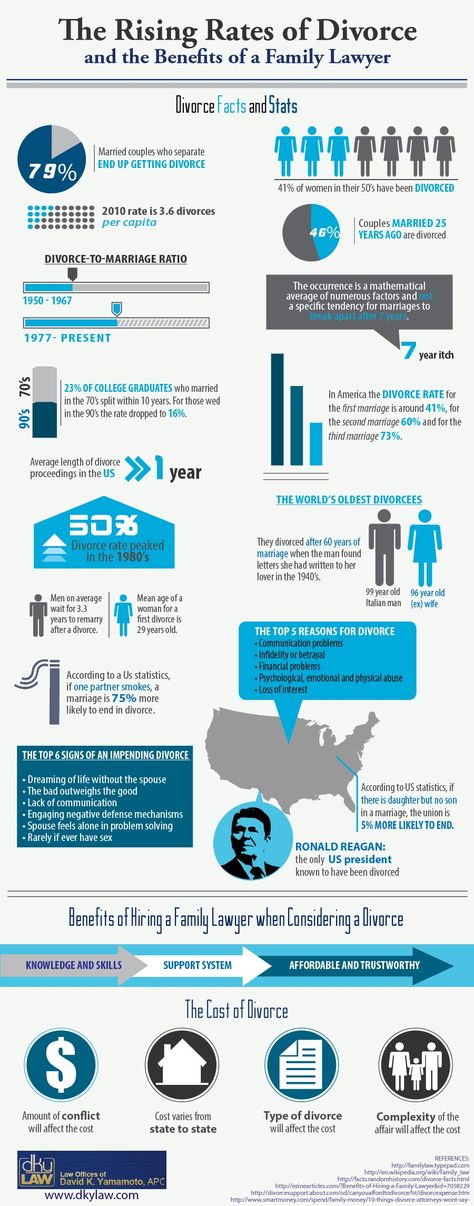
Second marriage: features, types, main mistakes
Published:
The marriage of the heroes of the film "Yours, Mine and Ours" by Frank and Helen almost turned into a failure. All because the children from their first marriages could not find a common language. Similar situations often arise with repeated unions. What other pitfalls does a second marriage have, media psychologist Mikhail Labkovsky said.
Peculiarities and types of remarriages
Giving marriage vows during the wedding ceremony, the bride and groom dream of a happy life together. However, such dreams are increasingly at odds with reality, in which the number of divorces is skyrocketing. Fortunately, breaking up a relationship does not put an end to possible happiness and does not prevent people from re-entering a new union.
However, such dreams are increasingly at odds with reality, in which the number of divorces is skyrocketing. Fortunately, breaking up a relationship does not put an end to possible happiness and does not prevent people from re-entering a new union.
What is a second marriage? In modern science, there is no clear definition of a second marriage. Under this term, the candidate of psychological sciences and the author of the book "Psychology of Family Crises" Natalya Olifirovich means a family union of people who were previously married. A remarriage, according to psychotherapist Stanislav Kratochvil, can also be called a union in which one of the partners is single, and the second has already been married.
Types and characteristics of second marriages: PexelsWhat types of second marriages are there? There is no strict classification of repeated family unions in psychology. Psychologist and personal trainer Pavel Rakov identifies three types of second marriages:
- Marriage is between partners, one of whom has not yet been married.
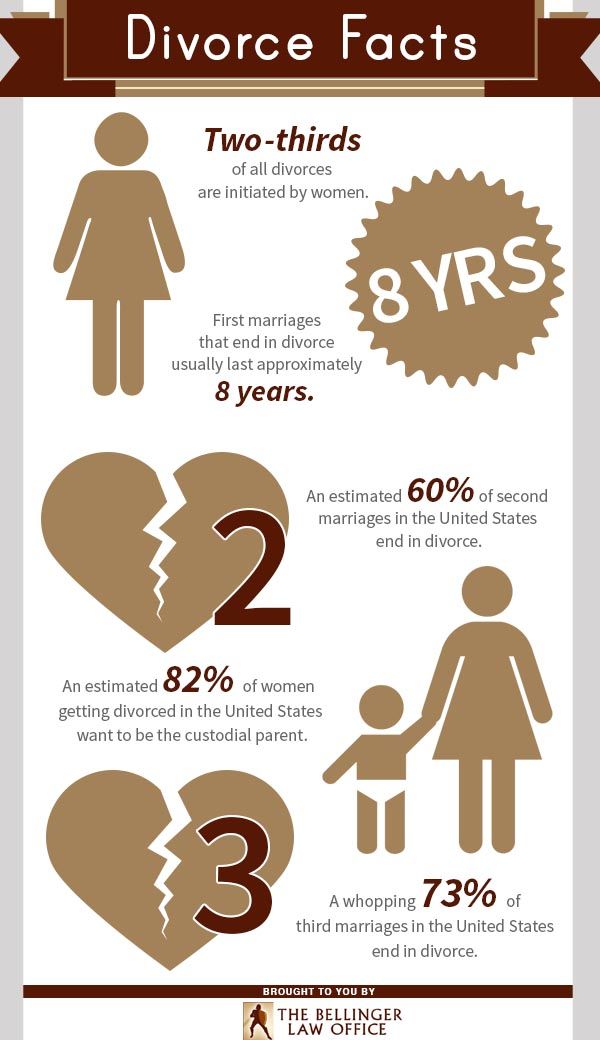
- One or both partners entering into a marriage union are widowed.
- Both partners are divorced and entering into a second marriage.
Such family unions include the reunion of divorced spouses, who, after a while, regretted breaking up the relationship.
Psychotherapist and author of How to Build Yourself and Your Family, Virginia Satir, disagrees with this division. In her opinion, when classifying remarriages, one important criterion cannot be ignored - the presence of children. Based on this, several types of marriage unions can be distinguished:0003
- where a woman with children marries a single man;
- where a divorced man with children marries an unmarried woman;
- marriages between partners who have children from previous marriages;
- marriage of two partners who do not have children from previous unions;
- families with children from a new marriage and children from previous ones.
Repeated family unions can also be classified according to age:
- marriages between peers or people with a small difference in age;
- unequal marriages (one of the partners is much older than the other).
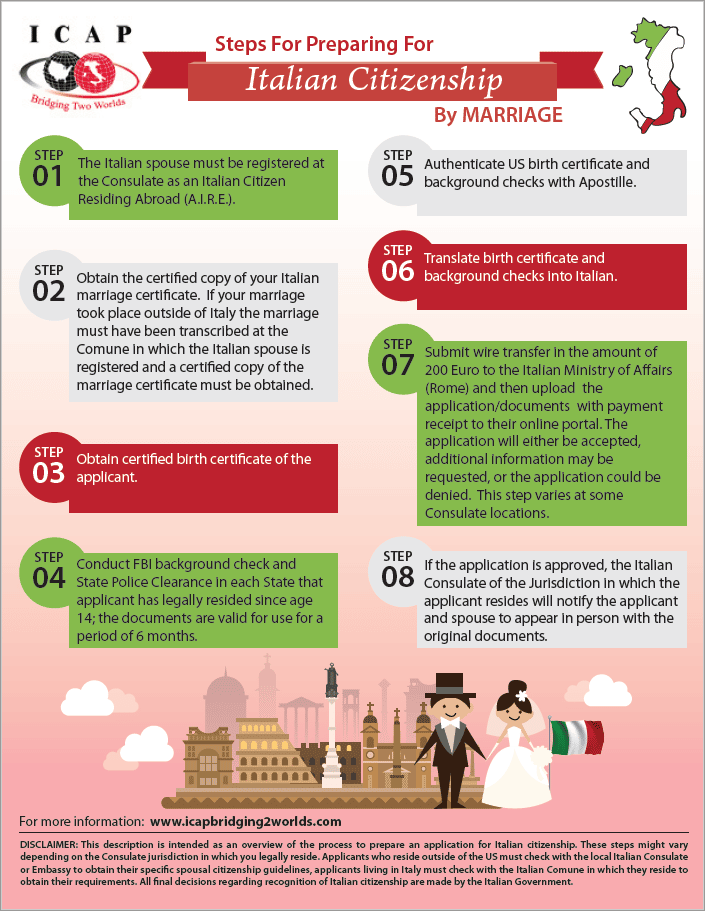
What are the characteristics of second marriages? The main feature of remarriages can be considered the pragmatism of partners. Entering into a new relationship, a man and a woman are not looking for either love to the grave, or cinematic romance. In addition, they more rationally assess the situation and understand their own desires and needs much better, therefore they approach the choice of a partner more carefully and soberly.
Second marriage features: PexelsCommon mistakes of a second marriage and ways to avoid them
It would seem that having gained experience in previous relationships, the spouses should save the second marriage for many years. However, according to the candidate of psychological sciences Tatyana Argentova, about half of remarriages end in divorce.
Why is this happening? What mistakes do people make when entering a second marriage? The most frequent misses in remarriages are:
- Hasty marriage. It takes a person at least a year to get used to the end of a relationship and get rid of the internal attachment to a former partner.
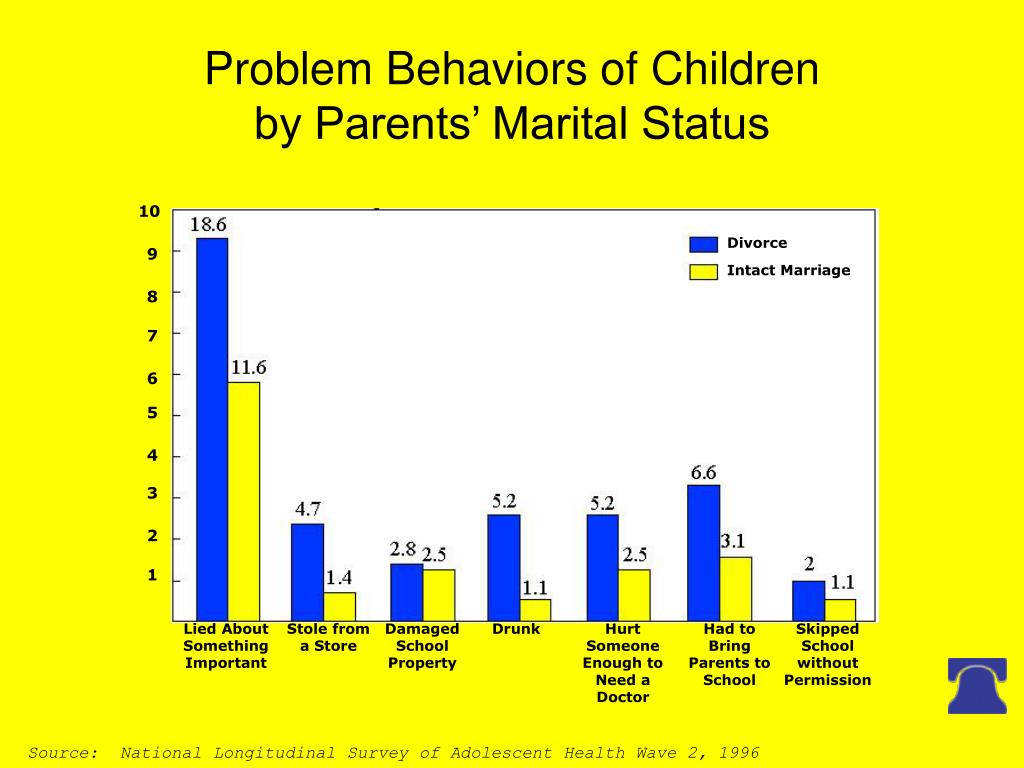 Some people do not withstand such a long pause and enter into a new marriage within a few months after the divorce. As a result, the feelings associated with separation have a significant impact on the new family.
Some people do not withstand such a long pause and enter into a new marriage within a few months after the divorce. As a result, the feelings associated with separation have a significant impact on the new family. - Attempts to compete with children. When entering into marriage, find out in advance the life priorities of a partner. If there are children from a previous union among them, put up with it and try to find a common language with them. In no case do not throw tantrums and do not try to manipulate. Phrases of the format “Either I, or your children” will irritate the spouse, and later may cause another divorce.
- Jealousy of previous relationships. In remarriage, there is always a threat of comparison with the previous partner. In some cases, this prevents the less experienced spouse from showing their abilities or expressing their needs to the other half.
- Lack of common interests and joint plans. When starting new relationships and getting married, people try to please their beloved as much as possible.
 For example, they go fishing with their spouse or listen to gossip for hours about old friends of the wife, although they hate this activity. Over time, making such sacrifices becomes more and more difficult. As a result, a conflict will arise that will push the soulmate away.
For example, they go fishing with their spouse or listen to gossip for hours about old friends of the wife, although they hate this activity. Over time, making such sacrifices becomes more and more difficult. As a result, a conflict will arise that will push the soulmate away. - Role uncertainty and unwillingness to invest in relationships. Under the influence of negative experiences, some people do not show activity in a new family. They go with the flow without making any effort and without trying to build a strong relationship with a partner. This often leads to deterioration of relations and further divorce.
- An established pattern of sexual behavior. The first marriage leaves not only the memory of scandals or pleasant moments, but also certain habits in bed. Entering into a new relationship, people subconsciously begin to compare a new sexual partner with the previous one and place certain expectations on him. This can spoil both intimacy itself and the marriage union as a whole.




